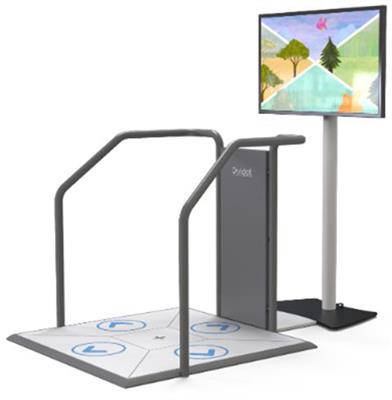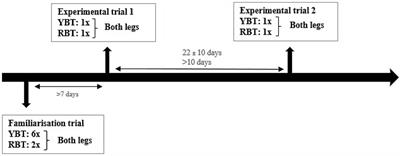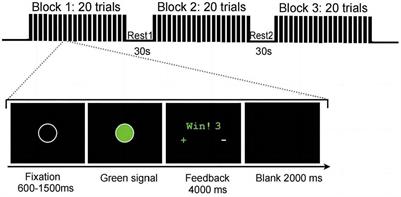STUDY PROTOCOL
Published on 04 Apr 2025
Effects and mechanisms of synchronous virtual reality action observation and electrical stimulation on upper extremity motor function and activities of daily living in patients with stroke: a protocol for a randomized controlled trial
doi 10.3389/fneur.2025.1499178
- 540 views





